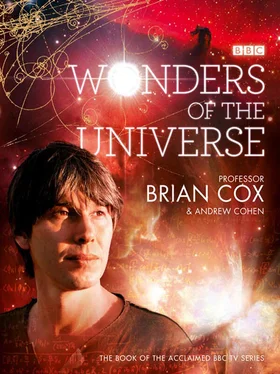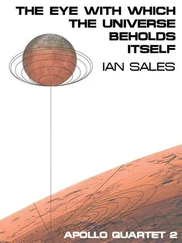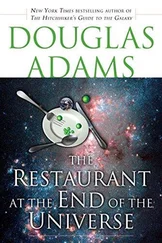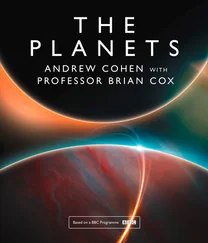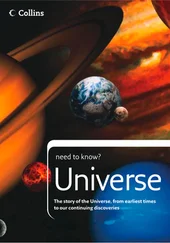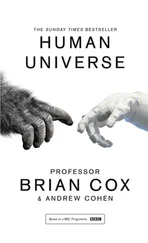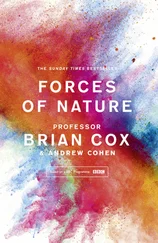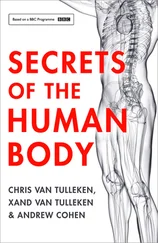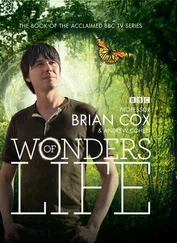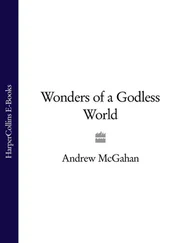000,000,000,000,000,000,000,000,000,000,000,000,000,000,
000,000,000,000,000,000,000,000 years from now. Not bad for the pioneers of the age of steam.
So as we look to the future and survey the wonders of our universe, we discover that Einstein’s theory of gravity, our best description of the fabric of the Universe, predicts its demise inside black holes. The collapsing remnants of the most luminous stars represent the edge of our understanding of the laws of physics and therefore the edge of our understanding of the wonders of the Universe. This is exactly where every scientist wants to be. Science is a word that has many meanings; one might say science is the sum total of our knowledge of the Universe, the great library of the known, but the practice of science happens at the border between the known and the unknown. Standing on the shoulders of giants, we peer into the darkness with eyes opened not in fear but in wonder. The fervent hope of every scientist is that they glimpse something that not only requires a new scientific theory, but that requires the old theory to be replaced. Our great library is constantly being rewritten; there are no sacred tomes; there are no untouchable truths; there is no certainty; there is simply the best description we have of the Universe, based purely on our observations of its wonders.
The scientific project is ultimately modest: it doesn’t seek universal truths and it doesn’t seek absolutes, it simply seeks to understand – and therein lies its power and value. Science has given us the modern world, of that there can be no doubt. It has improved our lives beyond measure; increased life expectancy, decreased child mortality, eradicated many diseases and rendered many more impotent. It has given many of us the gift of time, freed us from the drudgery of mere survival and allowed us to open our minds and explore. Science is therefore a virtuous circle; its discoveries creating more time and wealth that we can, if we are wise, invest in further voyages of exploration and discovery. But for all its undoubted usefulness, I maintain that science is fuelled not by utilitarian desire but by curiosity. The exploration of the Universe and its wonders is as important as the search for new medical treatments, new energy sources or new technologies, because ultimately all these valuable advances rest on an understanding of the basic laws that govern everything in nature, from atoms to black holes and everything in between. This is why curiosity-driven science is the most valuable of pursuits, and this is why we must continue our journey into the darkness 
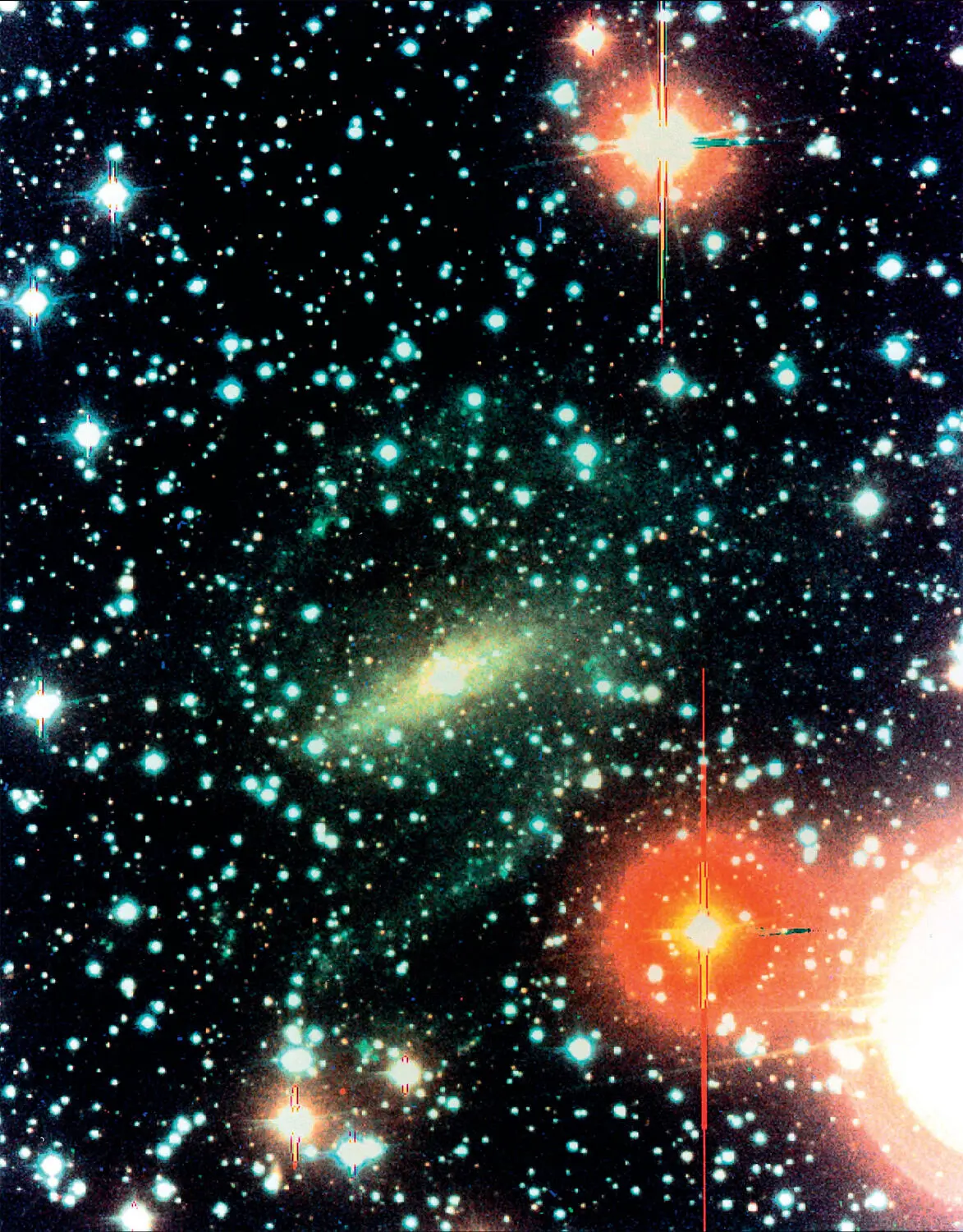
Armed with a greater knowledge and understanding of our universe, and also with new technology and modern approaches to science, we can discover wonders of the Universe that would have remained hidden to us centuries ago. Galaxies such as the spiral-shaped Dwingeloo 1 have recently been found hidden behind the Milky Way. This discovery supports what we already know: that there are many more wonders out there in the Universe that we have yet to discover.
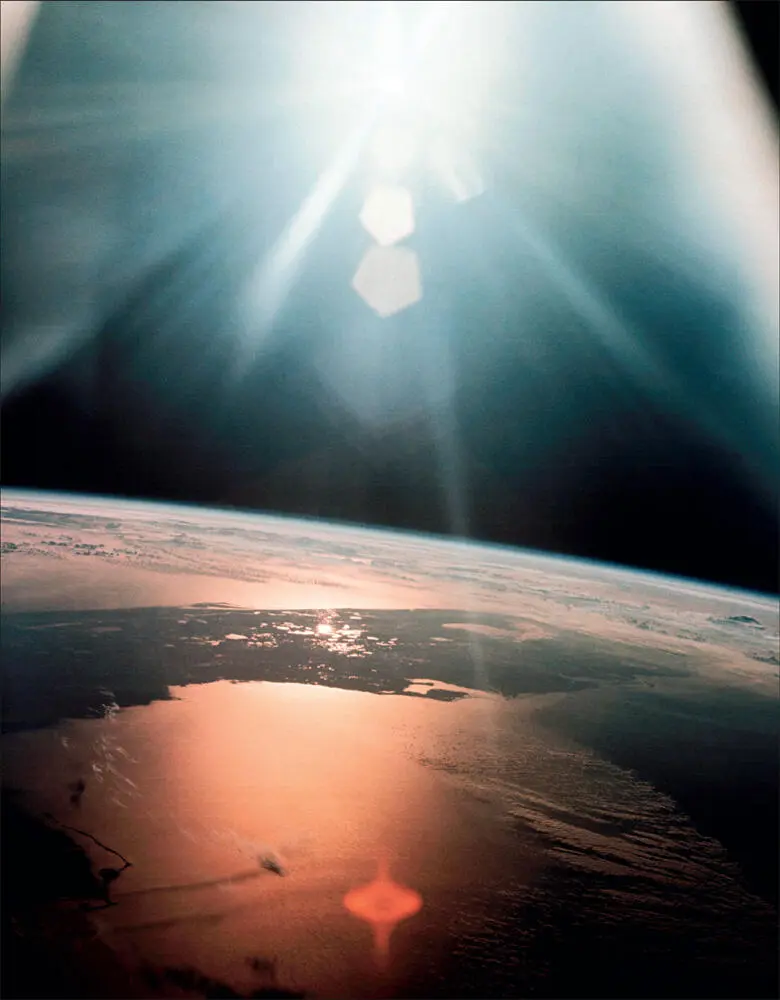
Конец ознакомительного фрагмента.
Текст предоставлен ООО «ЛитРес».
Прочитайте эту книгу целиком, купив полную легальную версию на ЛитРес.
Безопасно оплатить книгу можно банковской картой Visa, MasterCard, Maestro, со счета мобильного телефона, с платежного терминала, в салоне МТС или Связной, через PayPal, WebMoney, Яндекс.Деньги, QIWI Кошелек, бонусными картами или другим удобным Вам способом.
